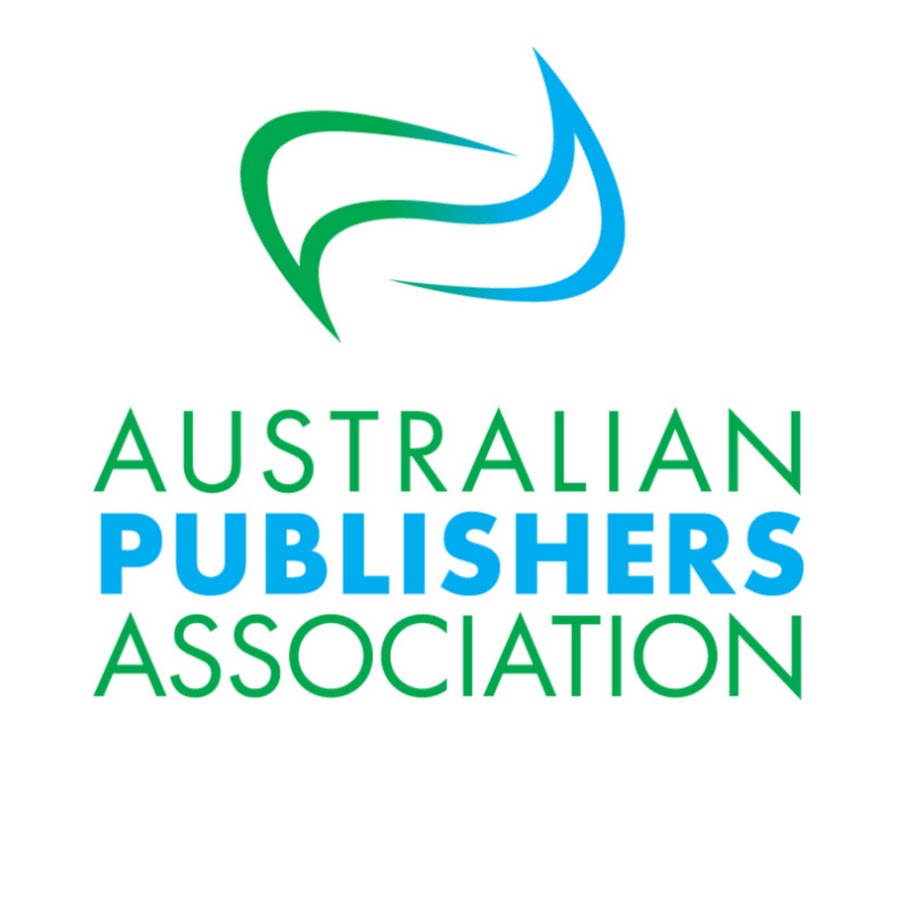IPA had supported its Australian member, the APA, by submitting a consultation response last month. See story here.
The technology sector had called for the introduction of a broad TDM exception that would allow AI developers to freely use Australian works for training purposes. The Albanese Government rejected the proposal. The Attorney-General, Hon Michelle Rowland MP, stated: “The tech industry and the creative sector must now come together and find sensible and workable solutions to support innovation while ensuring creators are compensated.”
APA CEO, Patrizia Di Biase-Dyson, declared: “This welcome decision by the Albanese Government confirms that AI must respect creator rights, and operate within lawful licensing arrangements”.
A TDM exception would have permitted technology companies to access and analyse the work of Australian creators without consultation, acknowledgment, or compensation. The Government’s decision is a welcome recognition of the importance of copyright in protecting both Australia’s cultural value and the rights of creators everywhere.
It is essential to secure a balance between supporting ethical AI development and ensuring the sustainability of Australia’s creative industry. Concerning this issue, the Copyright Agency CEO, Josephine Johnston, said: “On behalf of our 40,000 members, we applaud the Government’s leadership in supporting Australian writers, artists and publishers. Australian copyright laws enable ongoing investment in the creation of new works and provide thousands of jobs for those working in the creative industries. In the digital age, licensing access and providing fair payment for the use of material should be the objective of all concerned.”
The Government has also re-established the Copyright & Artificial Intelligence Reference Group (CAIRG) to consider three key priorities: promoting the fair and lawful use of copyright material in AI, increasing legal clarity, and strengthening enforcement mechanisms to make them more efficient and less costly.
As significant policy questions remain – including how AI systems use creative content, whether transparency in training data should be required, and how copyright can be effectively enforced – APA will take part in the first meeting of CAIRG to advocate for: responsible and licensed uses of creative content in AI development; fair remuneration for creators; and protection of publisher investment and Australian intellectual property.

